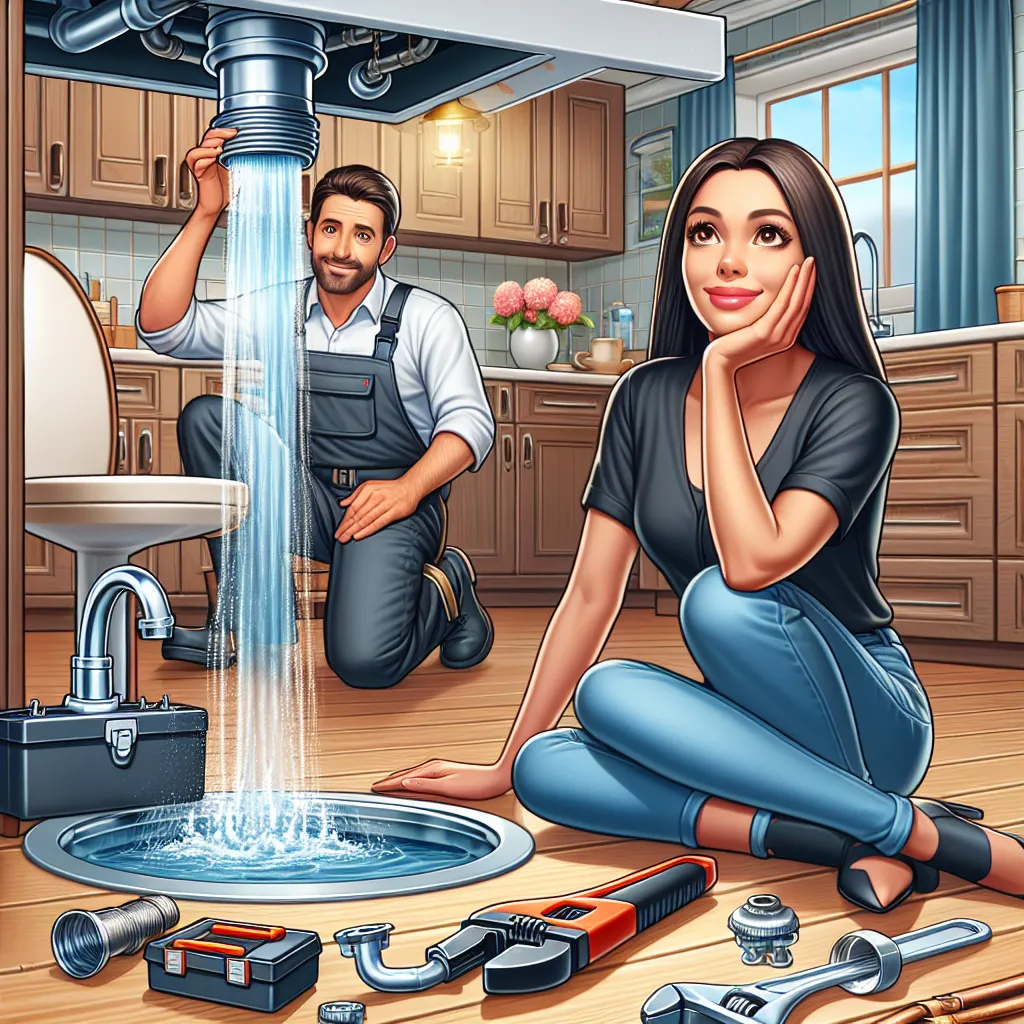Water Leak Repair: Preventing and Fixing Plumbing Leaks
Water Leak Repair: Preventing and Fixing Plumbing Leaks
Introduction
Water leaks can cause significant damage to your property if not addressed promptly. Whether it’s a small drip or a major burst pipe, proper water leak repair is essential to prevent further damage and maintain the integrity of your plumbing system. This article will guide you through the process of preventing, detecting, and fixing water leaks in your home or business.
1. Understanding the Causes of Water Leaks
Before we dive into the repair process, it’s important to understand the common causes of water leaks. By identifying these factors, you can take preventive measures to minimize the risk of leaks in the future.
1.1. Aging Pipes and Plumbing Systems
Over time, pipes and plumbing systems can deteriorate due to wear and tear. Aging pipes are more prone to leaks, especially if they haven’t been properly maintained. Regular inspections and maintenance can help identify potential issues before they escalate.
1.2. High Water Pressure
Excessive water pressure can strain pipes and joints, leading to leaks. Consider installing a pressure regulator to keep the water pressure at an optimal level and prevent unnecessary stress on the plumbing system.
1.3. Corrosion
Corrosion is a common problem in older plumbing systems or areas with hard water. The buildup of minerals can corrode pipes, causing leaks. Regular water testing and the installation of water softeners can help mitigate the effects of corrosion.
1.4. Poor Installation or Repairs
If plumbing fixtures or pipes are not installed or repaired correctly, it can result in leaks. Hiring a professional plumber for installations and repairs is crucial to ensure the work is done accurately and to code.
2. Detecting Water Leaks
Early detection of water leaks is vital to prevent further damage and costly repairs. Here are some signs that indicate the presence of a water leak:
2.1. Increased Water Bills
If your water bill suddenly spikes without any apparent reason, it may be an indication of an undetected leak. Monitor your water bills regularly to detect any significant changes in consumption.
2.2. Visible Water Damage
Water stains on walls, ceilings, or floors are clear signs of a leak. Inspect your property regularly, especially in areas prone to moisture, such as bathrooms, kitchens, and basements.
2.3. Dripping Sounds
If you hear constant dripping sounds, even when all faucets are turned off, it’s likely that there’s a hidden leak. Investigate the source of the sound to locate the leak.
2.4. Mold or Mildew Growth
Mold and mildew thrive in moist environments. If you notice any unusual growth in your property, it might be due to hidden water leaks. Addressing the leak and removing the mold promptly is crucial for your health and the integrity of your property.
3. Steps for Water Leak Repair
Once you’ve identified a water leak, it’s essential to take immediate action to prevent further damage. Here are the general steps for repairing a water leak:
3.1. Shut Off the Water Supply
Locate the main water shut-off valve and turn it off to stop the water flow. This prevents additional water from leaking and causing more damage.

3.2. Assess the Severity of the Leak
Determine the extent of the leak. Is it a minor drip or a major burst pipe? Assessing the severity will help you decide whether you can fix it yourself or need to call a professional plumber.
3.3. Temporary Fixes
For minor leaks, you can apply temporary fixes using plumbing tape or sealants. However, these are temporary solutions, and you should still seek professional help to address the underlying issue.
3.4. Call a Professional Plumber
If the leak is significant, or if you’re unsure about fixing it yourself, it’s best to call a licensed plumber. They have the expertise and tools to handle complex repairs and ensure a long-lasting solution.
3.5. Preventive Measures
After the repair, it’s crucial to take preventive measures to avoid future leaks. Regularly inspect your plumbing system, maintain proper water pressure, and address any signs of corrosion promptly.
4. Conclusion
Water leaks can be a homeowner’s worst nightmare if not dealt with promptly and effectively. Understanding the causes, detecting leaks early, and following the proper steps for repair are crucial in preventing further damage and maintaining a reliable plumbing system. By taking preventive measures and addressing leaks as soon as they occur, you can save yourself from costly repairs and extensive property damage.
